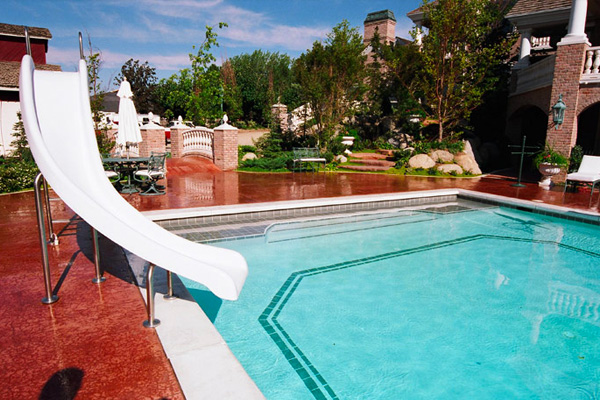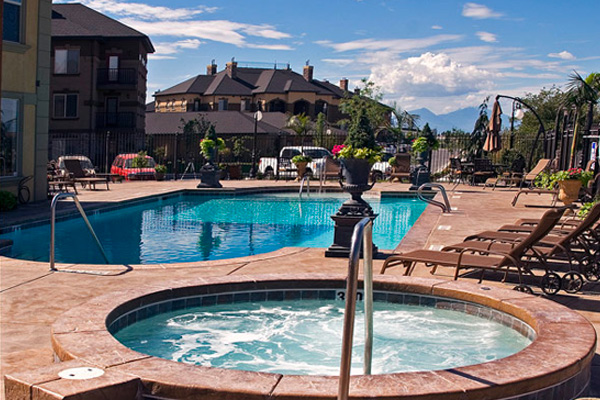
Inground Pool Installation Services in Utah
Dreaming of a backyard transformation? Intermountain Aquatech is Utah’s trusted swimming pool company specializing in inground pool installation, personalized designs, and durable construction built to last.
With over 60 years of experience, we proudly serve homeowners and businesses across Utah, Idaho, and Wyoming with everything from custom inground swimming pool installation to expert equipment, maintenance, and support.
Inground Pool Installation Done Right
We go beyond just digging a hole and filling it with water. Our pool building process is structured for quality, efficiency, and creativity:
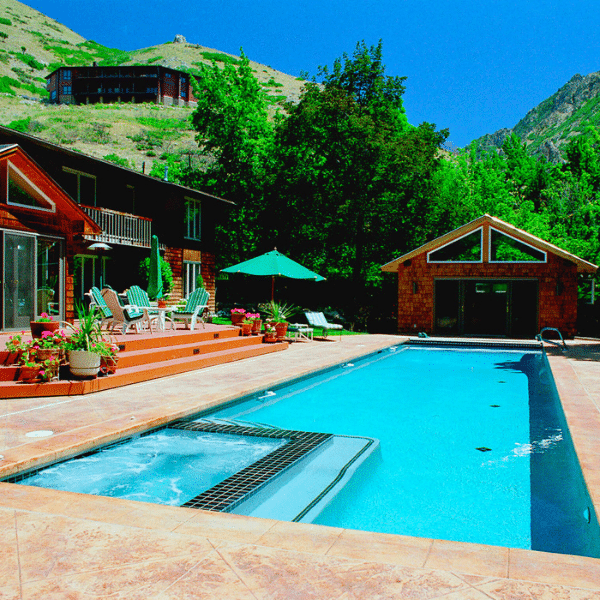
Auto-CAD Design & Engineering
Our team uses advanced Auto-CAD tools to create precise inground pool construction drawings that match your space and vision—right down to the last detail.
In-House Pool Installers
You’re working with our own experienced swimming pool installers—not subcontractors—ensuring control over every part of the job from scheduling to craftsmanship.
Professional Project Supervision
Every pool installation project is overseen by seasoned supervisors who make sure every phase is completed to the highest standards.
Premium Materials & Equipment
We work with trusted brands like Pentair, Bioguard, and Caldera® Spas to ensure your in ground pool installation meets performance and longevity expectations.
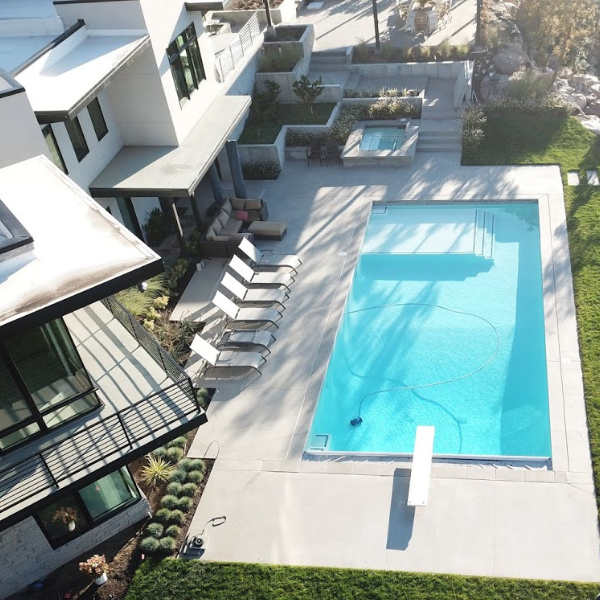
Why Homeowners Choose Our Pool Installation in Utah
- Top-Rated Swimming Pool Companies in the region
- Turnkey solutions: Swimming pool with installation, equipment, maintenance, and accessories
- Family-operated values and customer-first service
- We handle everything—from the initial consultation to the final splash
Common Questions About Inground Pool Construction
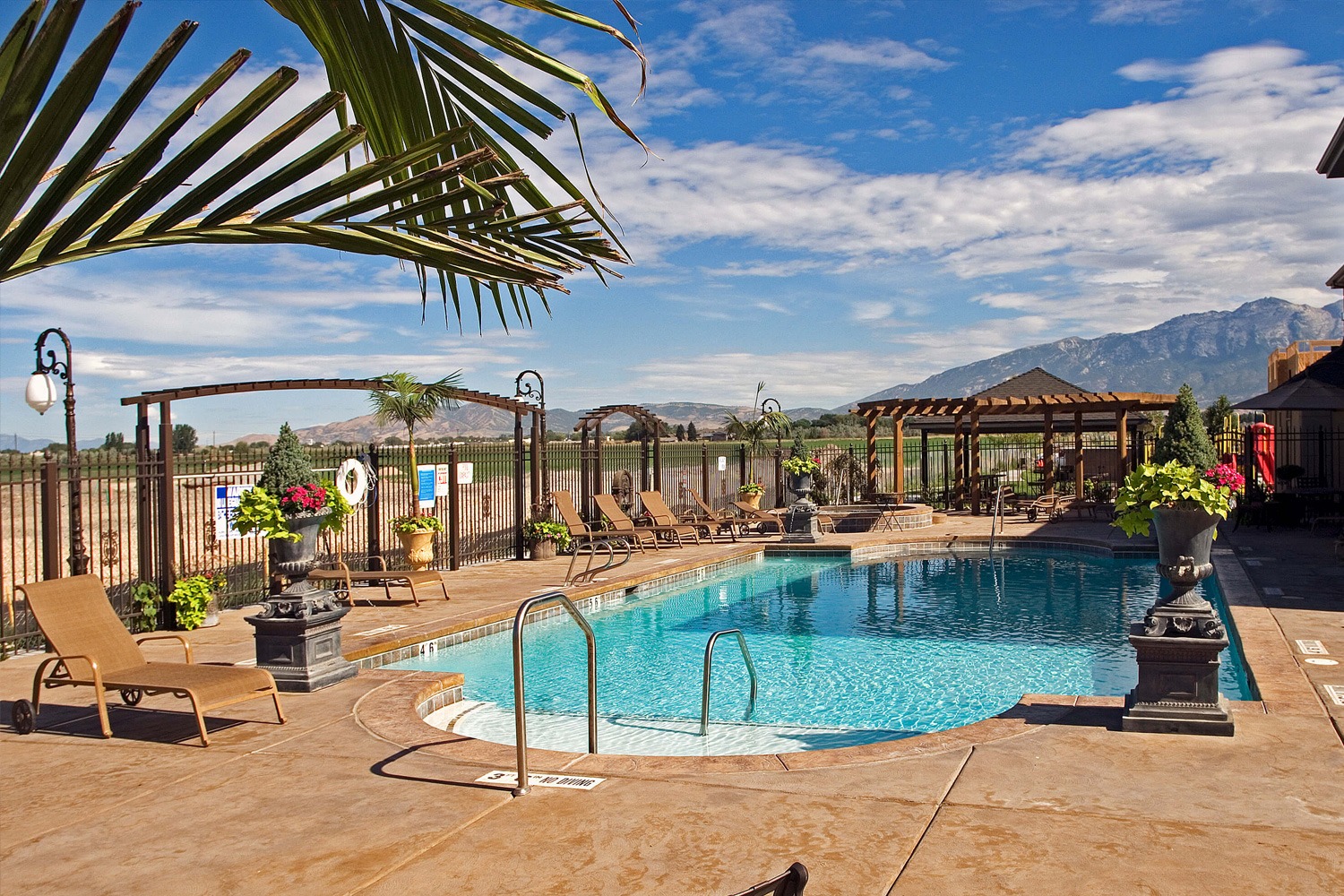
What’s the difference between inground swimming pool companies and general pool contractors?
Inground swimming pool companies specialize specifically in building and customizing pools that are permanently built into the ground—unlike general contractors who may offer above-ground pool options or outsource the heavy work. At Intermountain Aquatech, we focus exclusively on custom-built pools using durable materials, precise design, and in-house crews for premium quality control.
Do you install plunge pools, and how can I find plunge pool contractors near me?
Yes. We do install plunge pools, which are compact, stylish, and perfect for smaller backyards or luxury spa-style retreats. If you’re searching for plunge pool contractors near me, look no further. We serve the Utah, Idaho, and Wyoming regions with custom plunge pool design and professional installation services—tailored to your lifestyle and space.
Do you offer packages that include swimming pool installations with equipment?
Absolutely. We offer turnkey swimming pool installations that include everything from excavation and construction to equipment setup and chemical startup. Whether you’re choosing a traditional inground design or a custom built pool, our packages cover all the essentials. You’ll work with one dedicated team from start to finish.
Are your pools installed by licensed pools installers or subcontractors?
All of our work is handled by trained, in-house pools installers—not third-party contractors. This ensures better communication, consistent craftsmanship, and faster timelines. Each crew is licensed and experienced in professional pool installation in Utah, so you can trust the results.
Can you help me understand ground pool prices and what factors affect them?
Yes. Ground pool prices vary based on:
- Size and depth
- Material type (e.g., gunite, fiberglass)
- Custom features (like lighting, water features, spas)
- Soil and terrain conditions
We provide transparent estimates with no hidden fees. Whether you’re budgeting for a compact plunge pool or a luxurious in ground pool installation, our team will help tailor your pool to meet both your vision and financial comfort.
What’s involved in an in ground pools installation from start to finish?
Our in ground pools installation process includes:
- Initial consultation and 3D design
- Auto-CAD planning and permitting
- Excavation and structure framing
- Plumbing, equipment, and electrical work
- Pool shell installation
- Finishing touches and decking
- Startup, water treatment, and customer orientation
Every step is performed by our own experts for maximum quality and peace of mind.
Are built pools better than pre-fab options?
Yes. Built pools offer unmatched customization, durability, and long-term performance. Unlike prefabricated models, a built-in pool is tailored to your yard’s dimensions, soil condition, and design preferences. Our inground pools are engineered with lasting materials and expert craftsmanship, backed by decades of regional experience.
Frequently Asked Questions
What should I look for when choosing inground pool builders?
When selecting inground pool builders, it's crucial to assess their experience, portfolio, customer reviews, and whether they are licensed and insured. A reputable pool contractor should be able to provide a detailed pool brochure and references upon request.
How long does the installation process take for an inground pool?
The installation timeline for an inground pool can vary based on the pool's complexity, size, and type, such as gunite pools, but typically ranges from a few weeks to several months. This includes excavation, framing, plumbing, and decking work, with the contractors providing a schedule.
Can inground pool builders assist with the design process?
Yes, experienced inground pool builders can assist with the entire design process, offering insights on the latest trends, materials, and technologies to create a pool that fits your landscape and personal preferences. They often have design software and pool brochures to help visualize the final outcome.
What types of financing are available for inground pools?
Many pool contractors work with financial institutions to offer pool loans with various financing options. These loans can cover the pool's cost, landscaping, and additional features, allowing for manageable monthly payments.
Are there eco-friendly options for inground pools?
Eco-friendly options for inground pools include saltwater systems, solar heating, and energy-efficient pumps and filters. Inground pool builders can provide details on sustainable materials and technologies that reduce the pool's environmental impact and operating costs.
How important is landscaping in the pool installation process?
Landscaping is a vital aspect of the pool installation process, as it enhances the aesthetic appeal, provides privacy, and helps integrate the pool into the natural surroundings. Pool contractors often work closely with landscapers to ensure a cohesive design.
What maintenance is required for an inground pool?
Regular maintenance for an inground pool includes cleaning, balancing water chemistry, checking the filtration system, and winterizing the pool. Your pool contractor can offer maintenance services or recommend a routine to keep your pool in optimal condition.
Can inground pool builders renovate or remodel existing pools?
Inground pool builders often specialize in pool remodeling, offering services to update the pool's look, improve energy efficiency, or add new features like waterfalls or spas. This can significantly enhance the pool's value and enjoyment.
What materials are used in the construction of inground pools?
The materials used in constructing inground pools vary, with common options including concrete (gunite pools), vinyl, and fiberglass. Each material has its benefits and costs, with gunite pools offering the most customization.
How do I choose the right pool contractor for a complex project?
For complex projects, look for a pool contractor with extensive experience in similar projects, a strong portfolio, and positive client testimonials. A contractor who communicates clearly and has a solid track record of meeting deadlines and budgets is crucial.
What role does decking play in the pool design?
Decking plays a crucial role in pool design, providing a safe, non-slip surface around the pool and enhancing the pool area's overall look and functionality. Materials can range from concrete and pavers to wood and composite, depending on the desired aesthetic and budget.
How can I ensure my pool complies with local safety regulations?
Your pool contractor should be knowledgeable about local safety regulations and ensure that your pool design complies with all requirements, such as fencing, alarms, and pool covers. It's essential to discuss these aspects during the planning stage.
Is it possible to add features like a spa or waterfall to my inground pool?
Yes, inground pool builders can incorporate additional features like spas, waterfalls, and custom lighting into your pool design, creating a unique and luxurious outdoor space. Discussing these features early in the design process is essential for integration and budgeting.
What is the best time of year to start the pool installation process?
The best time to start the pool installation process varies by location but generally, starting in the late fall or winter can allow for completion by the swimming season. However, contractors may offer discounts during their off-peak seasons.
How does the excavation process work for an inground pool?
The excavation process involves removing soil from the designated pool area to the required depth and shape. This step is crucial and must be done with precision to ensure the pool's structural integrity. Experienced contractors will handle the excavation with care, considering factors like soil type and property layout.
Local Experts for Pool Installation Utah Homeowners Trust
From Sandy to Logan and Salt Lake City to Ogden, we’re proud to be Utah’s go-to choice for professional pool installation. Whether you need a brand-new build or help maintaining your current system, our team is here to help.
Build Your Dream Backyard Today
There’s never been a better time to invest in inground swimming pool construction that reflects your lifestyle and adds lasting value to your home.
Call (801) 569-0120 or request a free design consultation to start your custom pool journey.

